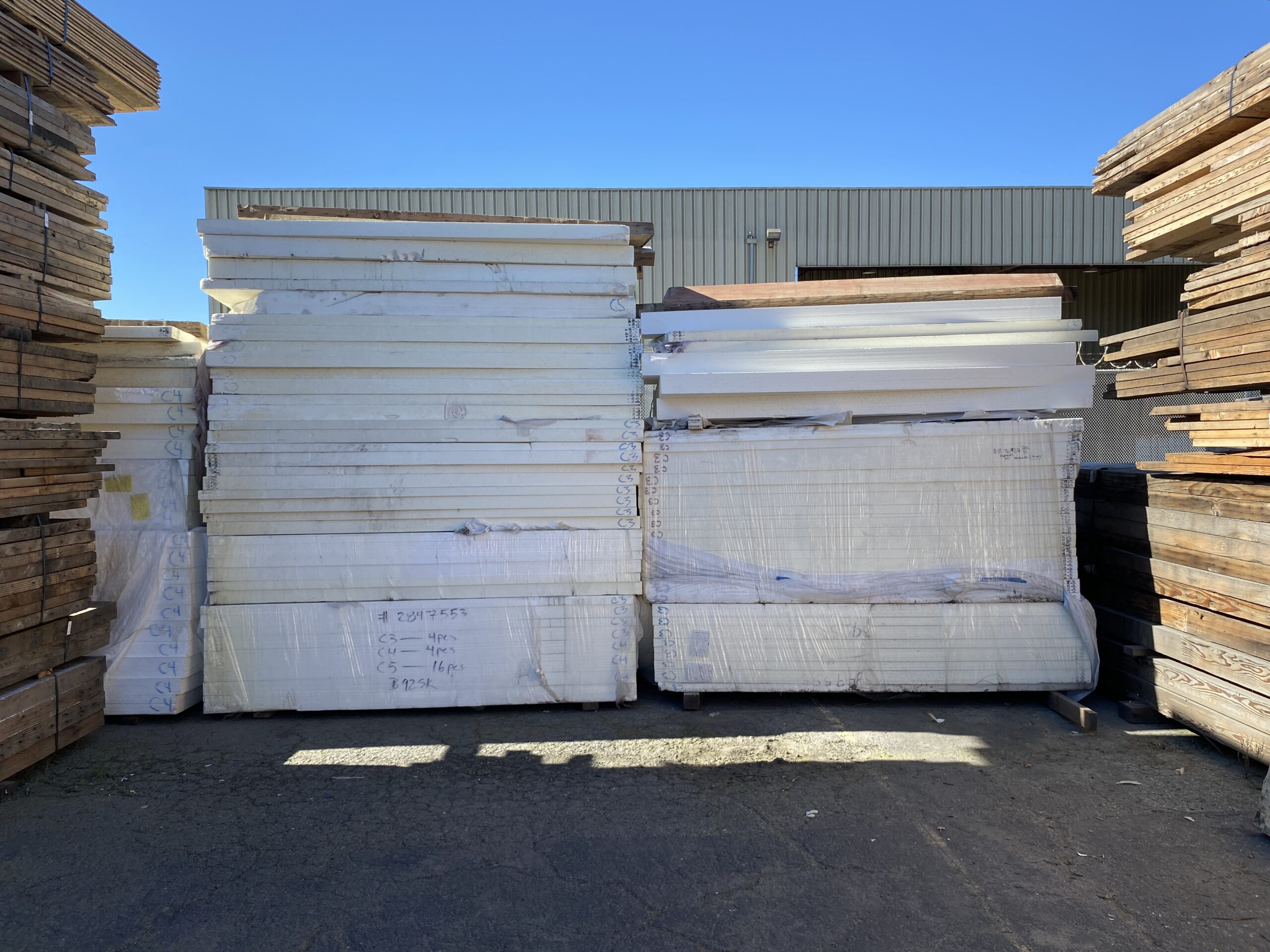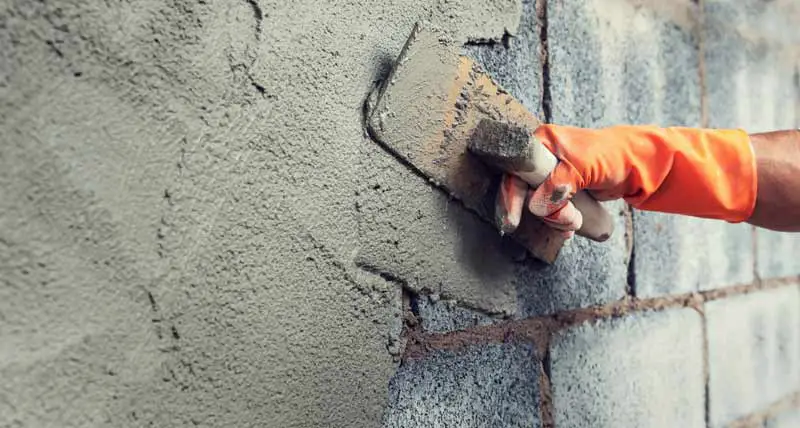Fiberglass insulation has long been a popular choice for homeowners and builders due to its affordability and thermal efficiency. However, it is essential to understand that no insulation material is without its disadvantages. In this blog post, we will delve into the drawbacks of fiberglass insulation, shedding light on its potential downsides and providing valuable insights for informed decision-making.
- Health Concerns:
One of the primary disadvantages of fiberglass insulation lies in its potential health risks. The tiny glass fibers used in its composition can become airborne during installation or if the insulation is disturbed, leading to respiratory issues such as coughing, itching, and irritation. Prolonged exposure to fiberglass particles may even cause more severe conditions like asthma or lung damage. - Moisture Absorption:
Fiberglass insulation has a tendency to absorb moisture, which can compromise its thermal performance and lead to mold growth. Moisture infiltration can occur through leaks or condensation, and if left unchecked, it can diminish the insulation's effectiveness and contribute to indoor air quality issues. - Inadequate Air Sealing:
Unlike other insulation materials, fiberglass does not provide an effective air barrier. Air leaks can occur around the edges or gaps in the insulation, reducing its overall efficiency. Proper air sealing is crucial for maintaining a comfortable indoor environment and minimizing energy waste, making fiberglass insulation less desirable in this regard. - Installation Challenges:
Installing fiberglass insulation requires careful attention to detail and proper protective gear due to its potential health hazards. The process can be time-consuming and labor-intensive, especially when insulating irregularly shaped spaces or areas with obstacles. Improper installation can result in gaps or compression, compromising the insulation's performance. - Limited Soundproofing:
While fiberglass insulation can help reduce some noise transmission, it is not as effective as other materials specifically designed for soundproofing purposes. Its porous structure allows sound waves to pass through more easily, limiting its ability to provide significant acoustic insulation.
Conclusion:
While fiberglass insulation offers thermal efficiency and affordability, it is essential to consider its drawbacks before making a decision. Health concerns, moisture absorption, inadequate air sealing, installation challenges, and limited soundproofing capabilities are all factors to be mindful of. By understanding these disadvantages, homeowners and builders can make informed choices and explore alternative insulation options that better suit their specific needs.


